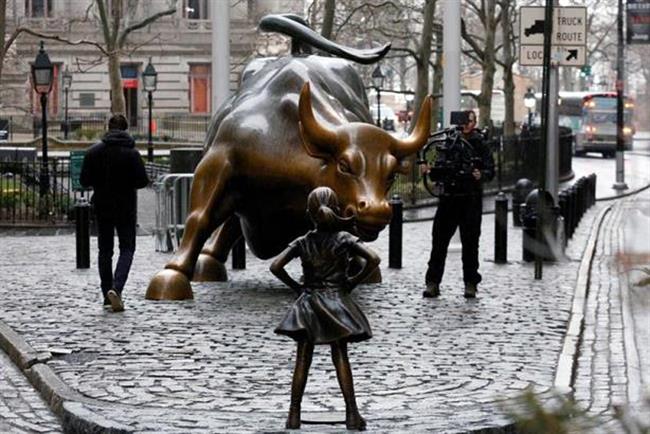"I don’t want them telling me what to think – they’re a German car brand and the way they’ve glossed it up to sell cars makes me a bit uncomfortable."
And so started a lively debate amongst a panel of customers as to whether Audi’s "Daughter" spot deserved to win a Cannes Lion.
The customers in question were "21st Century Women" of all ages and backgrounds, welcomed in to our Experience Lab during Cannes week to give their opinions on the most notable pieces of work being judged during the festival.
Because while it’s undoubtedly the highlight of many a career to win a Cannes Lion and be celebrated by the leaders in our field, the real test is to be celebrated by the customers we actually set out to influence.
Indeed, the reason we’ve been running our own ‘21st Century Woman’ initiative throughout 2017 is that, despite this audience representing a huge 80% of all purchasing decisions, 76% feel that brands do not effectively represent them.
And whilst many Cannes spots we shared were as favourably received by our respondents as they did with creative directors – "Fearless Girl", "We are the superhumans" and "Kenzo World" all received glowing praise – there were campaigns that stirred less favourable emotion.
The Audi campaign, mentioned at the beginning, was certainly one. The work divided opinion when it launched for being ‘blatant propaganda’, and it was met with similar consternation by those in our Experience Lab. "It’s a statement too far," said one customer, with another adding: "I like the fact Audi are making a stand but they’re doing it so blatantly that I don’t think it’s genuine."
This viewpoint may have been shared on some levels by the Cannes judges – it didn’t get beyond the shortlist stage for the Glass Lion. But one campaign that did make it to the final rounds was Tecate’s "Gender Violence" project.
Domestic violence is a huge issue in Mexico and Tecate’s stand against it scored it a gold Glass Lion. Yet our research groups were unanimously uncomfortable with the approach. Despite recognising the efforts made by the beer brand to combat domestic violence, they still felt that the way the initiative was incorporated into the overall advertising campaign was "twisted."
"It’s taking a lot of serious issues – like violence, gender equality and what it means to be a man – and they’re doing it to sell alcohol," one commented. "It’s a serious issue and we need to talk about it, but never to sell beer," added another.
This thought was taken further still by another research group: "Ultimately the message they’re making is good, but should they be making it?... You could argue that you shouldn’t use domestic violence to advertise any product, simple as that."
Using issues for good in advertising for good versus using issues for the good of advertising is a highly charged industry debate. And rarely has it been discussed as prominently as it has in 2017. At Cannes the debate around the Glass Lions was more vociferous than ever. Companies like Heineken and Procter & Gamble have shifted their marketing strategies to incorporate issue-led executions or to try and own an emotion. Then of course, there was that Pepsi ad.
Having seen what we’ve seen and now having heard what we’ve heard from our 21st Century Women, it’s clear that the line of what’s acceptable and what must be avoided is thinner than ever.
In many ways this should make it harder for brands to get involved in tackling societal issues. But it’s not impossible. It just means that brands need to walk before they run. You can’t bypass the system. If you want to do this well, you have to have travelled a long way to get there.
Dove, for instance, has enjoyed a lot of success stories, but that’s only because it’s built up momentum over the years and earned the right to tackle issues reputably. It’s not been easy, and it’s faced a lot of criticism along the way, even from its own audience.
I’d argue that the organisations that have been criticised for not having the right to tackle issues of significant social importance have come under fire because they’ve appeared to jump straight to the finish line. For instance, whilst Audi should be applauded for its efforts campaigning for equal pay, you can see why a dramatised Super Bowl spot voiced by George Clooney could strike a nerve.
There needs to be a clearly communicated long-term strategy – perhaps starting with softer PR and influencer activity or more subtle film content (see Heineken for a great example here) – before tugging at the emotional heart strings with an expensive spot that casually casts to one side decades of brand or sector reputation.
The message should therefore be ‘proceed with caution’. You can see the temptation for marketers to get involved. And I believe we shouldn’t be dissuading brands from doing so. But they must avoid the temptation to start their involvement on the home straight.
Erminia Blackden is head of strategy at Partners Andrews Aldridge


